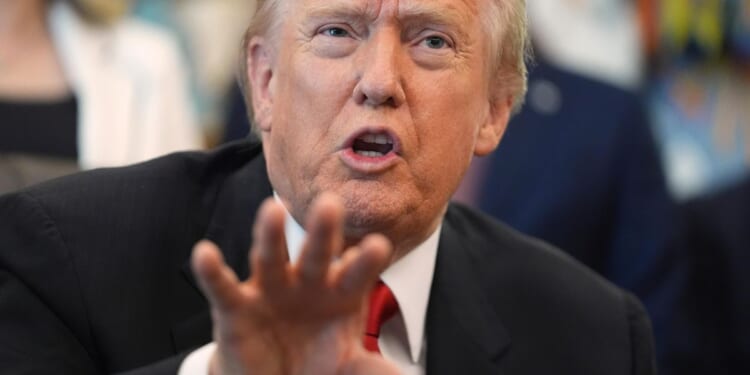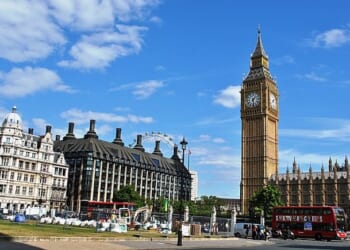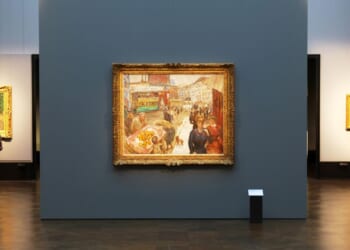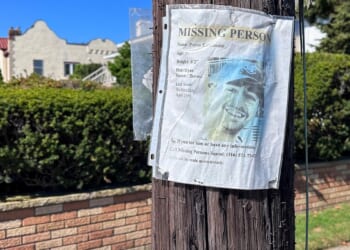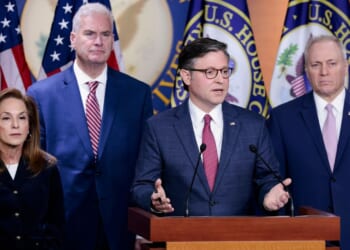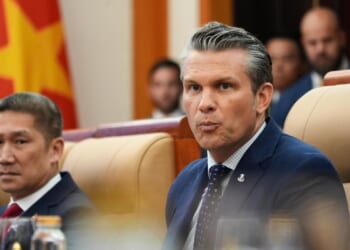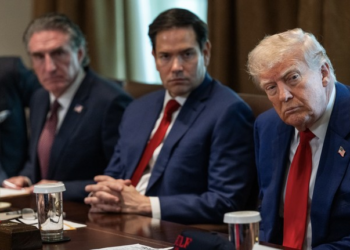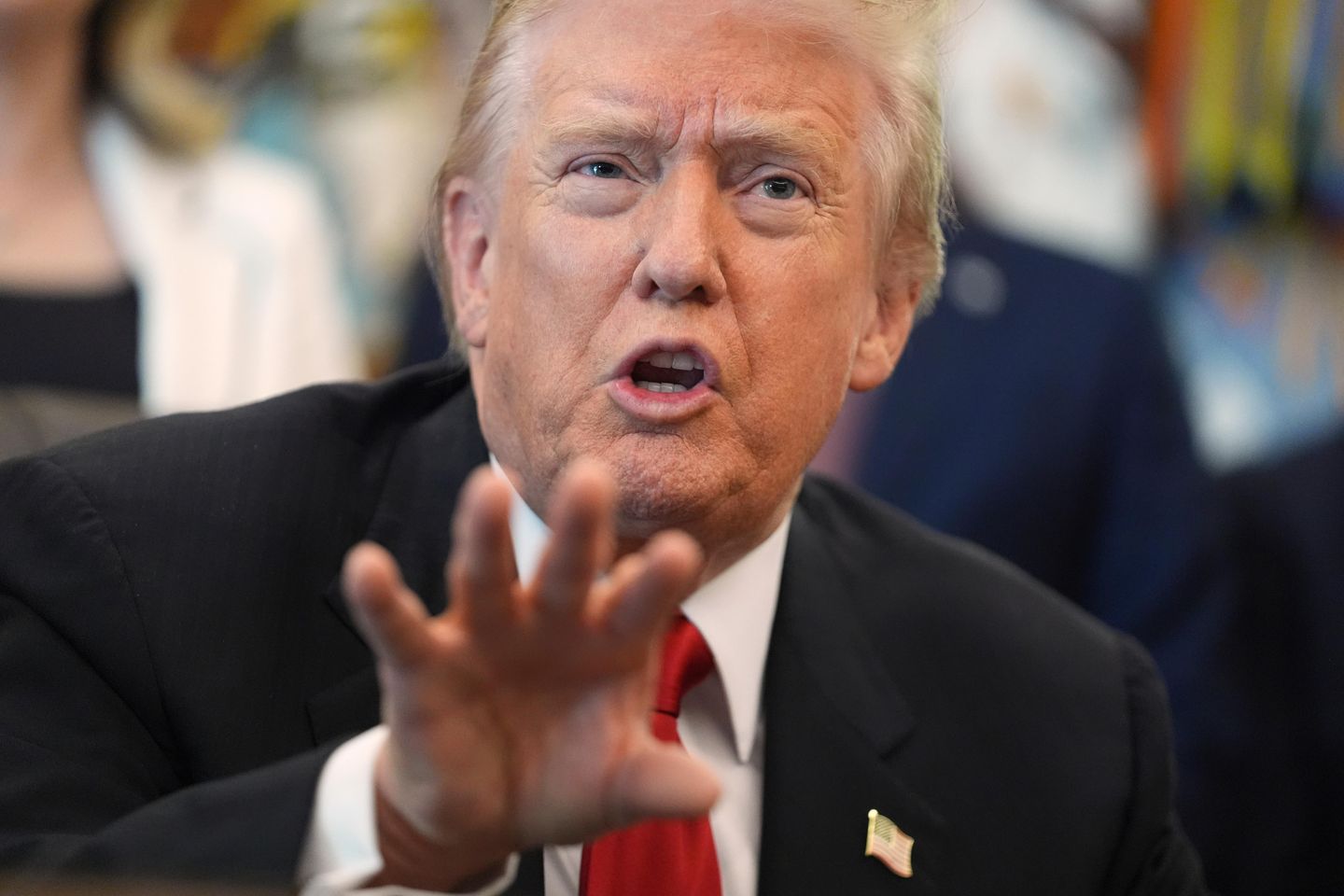
President Trump’s threat to send U.S. forces into Nigeria to protect Christians from deadly militant groups has drawn cautious praise and more than a little wary concern from religious and political leaders in Africa’s most populous country.
Mr. Trump said he has asked U.S. military planners to prepare for possible action in Nigeria after a surge of brutal attacks on Christians blamed on Fulani extremists and Islamist insurgents.
“We’re going to do things to Nigeria that Nigeria is not going to be happy about,” the president said. “And may very well go into that now-disgraced country guns-a-blazing to completely wipe out the Islamic terrorists who are committing these horrible, horrible atrocities.”
If the U.S. intervenes in Nigeria against Islamic insurgents and other extremist groups, he said, “It will be fast, vicious and sweet.”
Mr. Trump added Nigeria to a U.S. watch list last week as a “country of particular concern.” He cited statistics showing more Christians being killed there — 3,100 last year — than anywhere else in the world.
The 3,100 figure represents nearly 70% of Christians killed worldwide, according to the international watchdog group Open Doors.
The killings have been blamed on Boko Haram, Islamic State West Africa Province, and Fulani militant herders, who frequently target Christian farmers.
“While Christians used to be vulnerable only in the Muslim-majority northern states, this violence continues to spread into the Middle Belt and even further south,” said an Open Doors report released earlier this year. “The attacks are shockingly brutal. Many believers are killed, particularly men, while women are often kidnapped and targeted for sexual violence.”
Mr. Trump put Nigeria on the list in 2020, but President Biden reversed his order in 2021.
The designation opens the door for targeted sanctions against Nigeria and its population of 233 million, split almost evenly between Muslims and Christians. By comparison, the U.S. population is 340 million.
“We are deeply grateful for this important recognition,” said Shawn Wright, president of International Christian Concern. “It represents a significant step toward mobilizing the global community to confront the atrocities that have devastated so many families and communities in Nigeria.”
Bishop Matthew Hassan Kukah of the Roman Catholic Diocese of Nigeria’s northwestern Sokoto province, told Newsweek this week that he hopes Mr. Trump’s rhetoric prods the Nigerian government to take action.
“President Trump’s threats should be seen as a step meant to create both fear and hope: fear for the government and hope for the Christians,” the bishop said. “However, we know that the issues are not simply black and white. Christians in Nigeria appreciate the concerns.”
The Fulani are nomads found across a wide belt of Africa from Gambia to Sudan. Roughly 40 million identify as Fulani. Most are peaceful herders focused primarily on cattle. Some militant factions have been linked to attacks on Christians across the Sahel, from Chad to Burkina Faso. Formal terrorist groups such as Boko Haram and ISWAP have also targeted Christians in the region.
Several factors, including religious hatred, competition for land and the diminishing authority of the state, fuel that violence in the Sahel region and have combined to contribute to a conflict cycle that appears to be escalating.
“Christians are being killed, and some of our pastors in Northern Nigeria have had to shut down their churches,” pastor James Wuye said. Mr. Wuye is the former leader of a Christian militia that fought rival Muslim militias in the 1990s, during a previous round of internecine warfare. One skirmish cost him his right hand in 1992. In 1995, Mr. Wuye began reaching out to his former enemies through a series of interfaith peace initiatives.
A 2023 report by the International Society for Civil Liberties and Rule of Law said at least 100,000 Christians and 60,000 Muslims had been killed since 2009, when the present round of fighting began.
“Muslims don’t complain about those killings; they leave it to God’s will,” Mr. Wuye said. “But if Christians killed Christians, it would be seen differently. Protecting religious freedom in Nigeria is the only way forward.”
Muslims and Christians can be found in every province of Nigeria. However, the north is predominantly Muslim and the south is primarily Christian. President Bola Tinubu, a southern Muslim and former governor of the multiethnic Lagos state, has assembled a Cabinet that is much more religiously diverse than that of his predecessor, Muhammadu Buhari, a northern Muslim and former general.
“The issue is now getting more attention from the government, and I believe we as Nigerians of all faiths are now beginning to work on the issue together,” Mr. Tinubu said when asked about Mr. Trump’s comments on the conflict.
Judd Saul, a missionary and the executive director of Equipping the Persecuted, said the situation is worsening as extremists gain influence in some areas of Nigerian society.
Equipping the Persecuted is an American missionary group that provides medical aid to victims of such attacks and works to provide body armor and tactical equipment to self-organized militias. Mr. Saul began working in Nigeria in 2011.
“This issue has grown because extremist Muslims, in particular from the Fulani ethnic group, have increased their power within the government of Nigeria, where they hold a number of influential positions,” Mr. Saul said.
Situations are similar in other countries in the region where ethnically Fulani politicians hold office.
Across the Sahel, a tragic cycle of violence has taken hold. Attacks by Salafi-jihadi groups such as Boko Haram and the local ISIS affiliate often target settled communities.
These are often followed by retaliatory raids from local militias against Fulani encampments. The Fulani are frequently accused, rightly or wrongly, of collaborating with insurgents. Such reprisals fuel further attacks by Fulani, and the cycle continues.
“Boko Haram often uses Fulani groups as its eyes and ears to scout out possible attacks. In other cases, the two groups have carried out attacks together,” Mr. Saul said.
Boko Haram and ISWAP differ in ideology. ISWAP seeks to be part of a global caliphate, and Boko Haram focuses on northeastern Nigeria. Both target civilians. ISWAP has tried to unite the Kanuri and Fulani violent extremists, but linguistic and cultural divides persist.
Many Muslims killed by Boko Haram and Fulani militants disagreed with them or joined anti-Fulani militias.
Religious and ethnic tension is only one factor feeding the cycle of violence, experts say.
Many attribute climate change and increased desertification in the region to the increased competition for resources. Population growth has put pressure on nomadic lifestyles.
The economic roots of the farmer-pastoralist conflict echo a chapter in American history. Similar tensions between farmers and ranchers in the United States in the late 19th century led to the Fence Cutting Wars across the American West.
The rising power of the American government and the various states eventually tamed the Wild West. Across much of the Sahel, the trend line is moving in the opposite direction. As the central authority weakens, local militias and terrorists fill the vacuum once occupied by the state. The result is an increasingly lawless frontier across much of interior West Africa.

